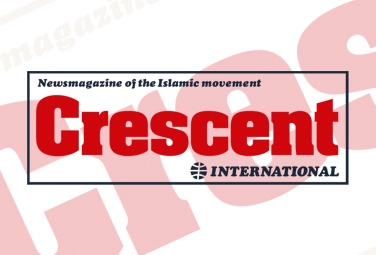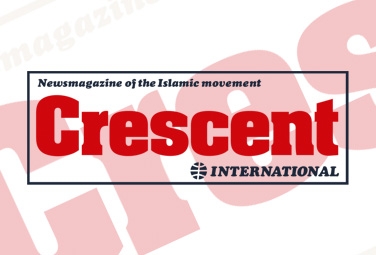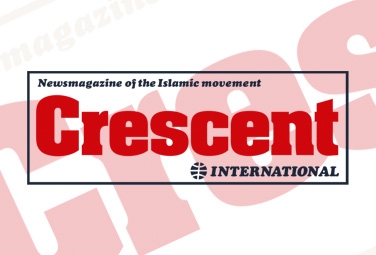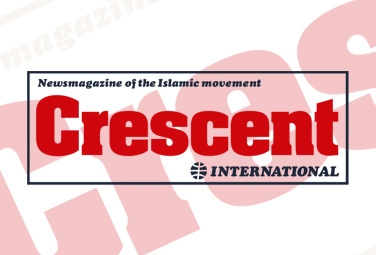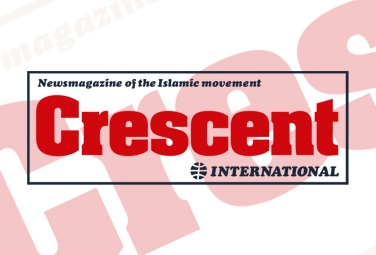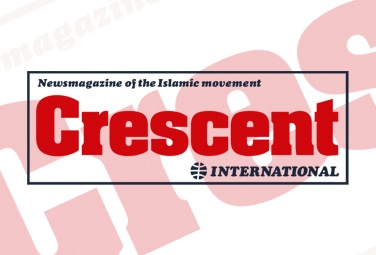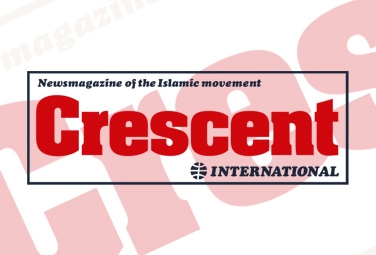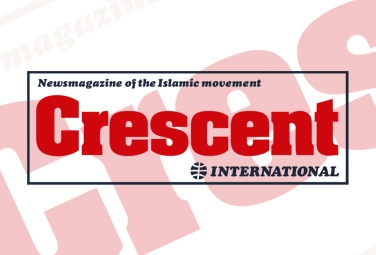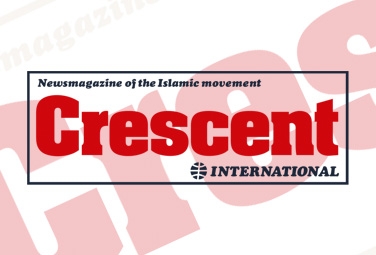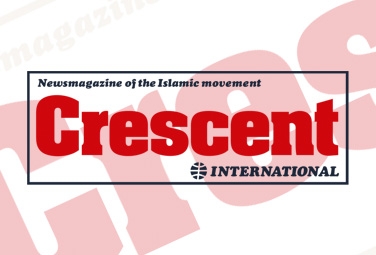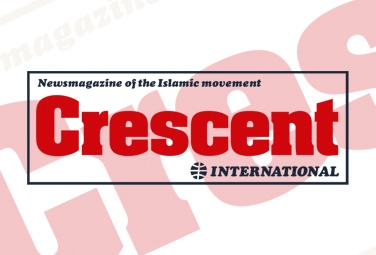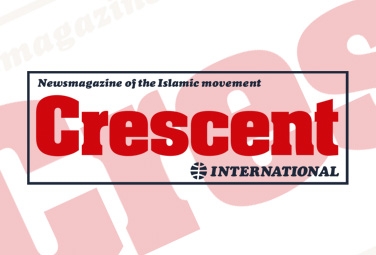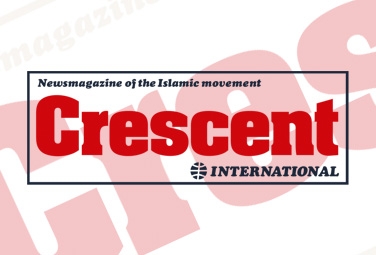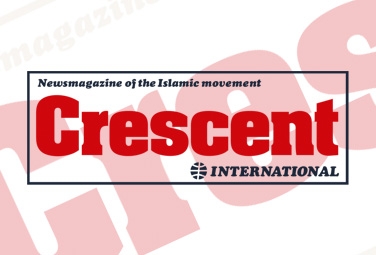



On its 64th birthday Pakistan has a unique opportunity to change policies that have been little short of disastrous so far. Such change will depend on several factors.
Islamic movements, intellectuals and activists long tended to have a love-hate relationship with democracy. On the one hand, democracy has been associated with the aggressive, brutal, exploitative, hegemonic policies of the post-colonial Western power.
The Islamic Arab East has fire in its belly. The popular mood is: “fa-al-yasqut al-nizam — down with the regime.” Masses of people are breaking the fear barrier and expressing their century-old, pent-up feelings. Some dictators have been toppled, others are teetering, and still others are trying to change laws and make amends before they, too, are swept away by the people’s fury.
The struggle underway to influence and control the course of events in Egypt reflects Cairo’s importance not only for the Muslim East but also global politics. The most populous country in the region, Egypt sits at the crossroads of two continents.
Caution! This article is not written for the rationally disabled or for those who are reproach-free.
US President Barack Obama was immediately de-nounced by pro-Israeli groups when he spoke about the creation of a Palestinian state last month. He said that “…the borders of Israel and Palestine should be based on the 1967 lines with mutually agreed swaps, so that secure and recognized borders are established for both states” (emphasis added). The Zionists are not prepared to vacate territory occupied through wars of aggression; they talk about new “ground realities” meaning illegal Jewish squatter colonies will not be removed. Even with 1967 borders, the Palestinians will get a mere 22% of the original land of Palestine while illegal immigrants from Europe, Russia and North America are free to occupy every inch of the holy land.
There were a slew of new revelations about the politics of the run-up to the US invasion of Iraq last month, when the Independent newspaper in Britain published details of documents recently obtained under the Freedom of Information.
Sectarianism has been a time tested tool in the hands of illegitimate rulers since the Islamic institution of khilafah was subverted into mulukiyah nearly 1,400 years ago. Today, the illegitimate rulers of Bahrain, Qatar, Kuwait, the United Arab Emirates and Saudi Arabia are using this weapon to divert attention away from their oppressive policies and subservience to the West and to Zionist Israel.
Since he entered the White House in January 2009, Barack Obama has made war on Pakistan the most important policy of his presidency even while he has maintained a broad grin on his face. the presidential campaign: speak softly but carry a big stick.
In last month’s issue of Crescent International, in his column, “From the Editor’s Desk”, Zafar Bangash highlighted the fact that the paper recently completed 40 years of publication, masha’Allah. This month marks another significant anniversary: 15 years since the death of Dr. Kalim Siddiqui in South Africa on April 18, 1996.
The West’s hypocrisy stands exposed yet again in the contrasting policies toward uprisings in Libya and Bahrain. The US and allies Britain and France pressed the UN Security Council on March 17 to impose a no-fly zone on Libya.
After Tunisia and Egypt comes Bahrain and Yemen. Add to this popular wave of opposition the civil stirrings now observable in Algeria, Morocco, Jordan and Syria. This places us in front of an exhilarating arousal of people who have been dormant for decades, indeed centuries, when it comes to their own republican dynasties and monarchies.
The attempted assassination of US Congresswoman Gabrielle Giffords in Tucson Arizona on January 8 (six people were killed in the attack and 14, including Giffords, injured) inevitably provoked a storm in the country. The main focus of the debate has of the debate has been the role of right-wing politicians and commentators, particularly the Republican former vice-presidential candidate Sarah Palin.
This solar month — the Persian Bahman and the Gregorian February — marks 32 years since the culmination of the Islamic spirit of change that swept away the decrepit regime of the great grandson of Cyrus the great, his majesty, the now six-foot under.
After two weeks of political uncertainty, the situation in Lebanon began to stabilize on January 25 when the Hizbullah-led alliance secured the support of 68 parliamentarians compared to 60 for the ousted Prime Minister Saad Hariri. President Michel Suleiman asked Najib Mikati, another former prime minister, to form the new government.
The New Year is traditionally a time when people reflect on their situations in life, as well as contemplating the possibilities of the year to come. This New Year in the Gregorian calendar coincides (more or less) with a new year, 1432, in the Hijri calendar; Muharram 1 fell on December 7, 2010.
Journalists, it is said, write the first draft of history. Given the manner in which the once honourable profession of journalism has been subverted into a propaganda tool of the Western corporate elite, it is a totally undeserved compliment.
Egypt’s parliamentary elections will take place on November 28, by which time this issue of Crescent will have gone to press. Normally, this would be problematic from a news point of view; one of the most difficult issues for any periodical is when major developments are expected between its press deadline and its publication date.
This writer remembers the time — about 25 years ago — when friendly members of the Islamic Movement would ask: why can’t our brothers in Iran have a more subtle approach and a dodgy political posture when it comes to their official decisions as well as their public relations and information services?
The chest thumping at the NATO Lisbon conference (November 19-20) did not impress the Taliban much. Instead, they were chuckling at how easily the Americans can be duped into believing they are negotiating with the Taliban.
